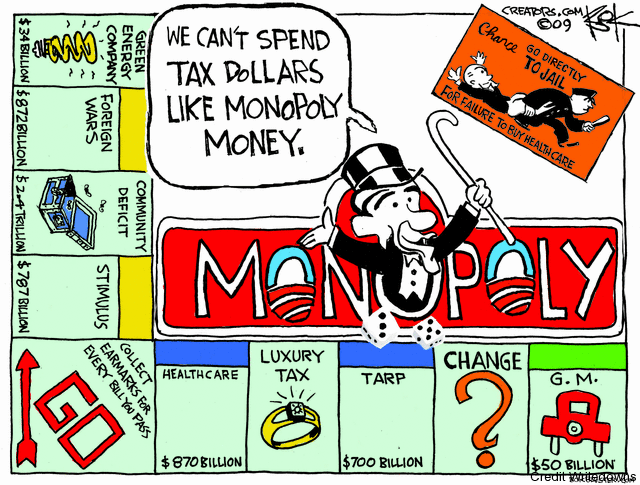

- GOVERNMENT MONOPOLY EXAMPLES IN REAL LIFE MOVIE
- GOVERNMENT MONOPOLY EXAMPLES IN REAL LIFE SOFTWARE
- GOVERNMENT MONOPOLY EXAMPLES IN REAL LIFE PC
Given the assumption that Microsoft has monopolized the market for computer operating systems, the critics have felt comfortable applying their rhetorical skills to condemn Microsofts founder and CEO Bill Gates, who is viewed with animosity as a real-life counterpart of Gordon Gekko, the unsavory character in the 1980s movie Wall Street. Millers only remaining concern is whether antitrust or regulatory action would be good for the computer industry. So do all of us who buy PCs (Miller 1998). He knows it, Bill knows it, and all the senators know it.
GOVERNMENT MONOPOLY EXAMPLES IN REAL LIFE PC
It is such, Murray tells us, because Bill Gates has managed to win near-total control of the most valuable real estate in business today: His Windows operating system has become almost the sole entry point to cyberspace. Michael Miller, editor in chief of PC Magazine, has seconded Murrays conclusion, asserting that Microsoft has an effective monopoly on PC operating systems. Wall Street Journal reporter Alan Murray (1998) declares flatly on the front page of his paper, Microsoft is a monopoly (emphasis in original). Indeed, it has become common for reporters, columnists, scholars, and computer industry analysts to use terms such as monopoly or near monopoly to describe Microsoft, as if the firms monopoly status were an established fact, not one open to debate.
GOVERNMENT MONOPOLY EXAMPLES IN REAL LIFE SOFTWARE
In a statement accompanying his departments antitrust complaint, he charges that in essence, what Microsoft has been doing, through a wide variety of illegal business practices, is leveraging its Windows operating system monopoly to force its other software products on consumers (Klein 1998b, 1).īoth Kleins and Renos allegations appear to reflect a widespread public sentiment. Assistant Attorney General Joel Klein echoes Renos claims. We took action today , Reno announced earlier this year, to ensure that consumers will have the ability to choose among competing software products ( PC Magazine 1997).

Attorney General Janet Reno had previously staked out: Microsoft is unlawfully taking advantage of its Windows monopoly to protect and extend that monopoly. Hence, it seems beyond dispute that the Justice Departments antitrust assault on Microsoft will, if successful, produce benefits for the American public. The Justice Departments lawsuit merely reaffirms the position U.S. District Court of the District of Columbia on May 18, 1998, the Justice Department declares unequivocally that Microsoft possesses (and for several years has possessed) monopoly power in the market for personal computer operating systems. In the complaint filed against Microsoft in the U.S. The Microsoft monopoly is self-evident, if the Justice Departments lawyers are to be believed. Single Issues of The Independent Review.Podcast: Independent Outlook / Conversations.International Economics and Development.


 0 kommentar(er)
0 kommentar(er)
